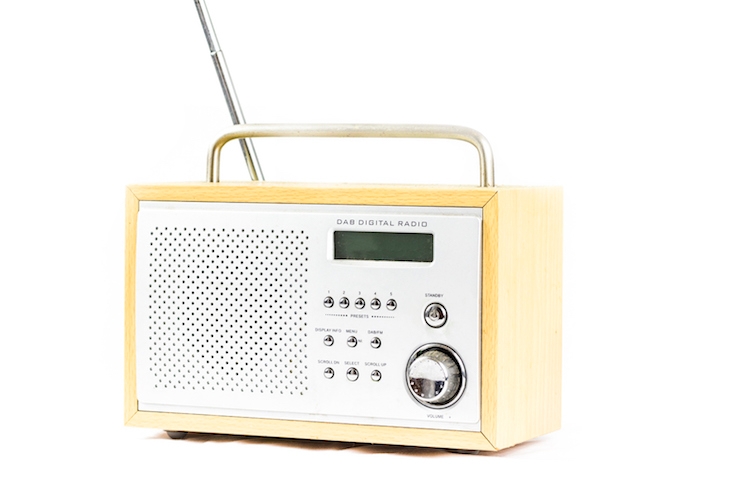When the BBC’s Arabic-language network went out on air for the first time 80 years ago, on 3 January 1938, its mission was to provide ‘reliable news’ to a region that was being fed German and Italian ‘propaganda’ via short-wave transmissions from those countries. News is still its main focus, says Bassam Andari, news-gathering editor for the Arabic service, who has been with the corporation since 1994, arriving in London from Lebanon.
He grew up listening to the station during the civil war in that country in the 1970s. ‘My mother would switch the radio on to the BBC every morning to find out what was happening in the world, not just in Lebanon,’ he recalls. The BBC news coverage was so different from that offered by Voice of America or Radio Monte Carlo (broadcasting from Paris). At BBC Arabic, the news never varied according to who was in power; it was always ‘independent’, recalls Andari.
‘Independence’ is not perhaps the first word you might associate with a radio station that grew out of the BBC’s Empire Service. Originally designed to take BBC English to the far corners of the globe, by 1938 the power of radio transmission was fully understood and it was decided to expand the Empire Service into languages other than English. Radio as soft power. Yet it was laid down from the start, in the BBC’s charter, that the programming on these new foreign-language stations (Arabic was the first) should not be propaganda or anti-propaganda. It has always endeavoured to preserve this impartial status, not flinching from difficult stories nor pandering to those in power.
Most of Andari’s colleagues have been at BBC Arabic for 30 or 40 years, seeking an opportunity to promote trustworthy news. Like Omar El-Tayeb Ahmed, editor and presenter, who joined the BBC in 1993 from Sudan. He says that the language service has changed a great deal since then, not so much because it’s now challenged by new stations such as Al Jazeera (funded by Qatar) and its Saudi rival, Al Arabiya. (That challenge has, if anything, simply strengthened BBC Arabic’s commitment to its audience.) But because of the lack of funding. When he joined, ‘You never had to worry about money.’ It would always be there if the story was important. Now the budget limits what you can do. There are far fewer correspondents at a time when, as Andari says, it has become much more difficult to verify sources. ‘It’s too easy to fall for news that turns out to be fake. You have to be much more wary.’
The online Arabic service was set up 20 years ago, but it’s television that has proved the biggest success, growing to reach 43 million viewers per week in the Arabic-speaking world in just ten years. (BBC Arabic radio has an audience of ten million listeners per week.) ‘News has become much more important in these unstable times,’ says Andari. But at the same time the audience has changed. Which is why a news programme designed for and made by women was launched from the Cairo office three years ago.
Maha Al-Gamal, one of the founder producers of About Her in Half an Hour, its English nickname (though more formally known as Women Today), explains, ‘We want to stop husbands speaking for their wives,’ by looking at news stories through the eyes of women. The daily half-hour programme is filmed in the studio so that listeners can also visualise what’s happening and recognise that it is women who are running the show as presenters and producers. Every day there is a big interview with a high-profile woman such as Ertharin Cousin, who at the time was executive director of the World Food Programme. The interviews seek to draw out the nature of the work involved, but also what it involves to take on such a powerful role. It’s rather different from Radio 4’s Woman’s Hour, which approaches everything it does through gender. On About Her they look at stories through the prism of news and its impact in the region. ‘We want to empower women,’ says Al- Gamal. ‘To let women feel they can be in charge of decision-making.’
Her colleague Rasha Qandeel, from Arabic television, also aims to have more women on the shows she presents — Arabic versions of Newsnight and Hard Talk. ‘Women have to take their rights,’ says Qandeel. ‘You don’t wait for them to be given to you.’






Comments